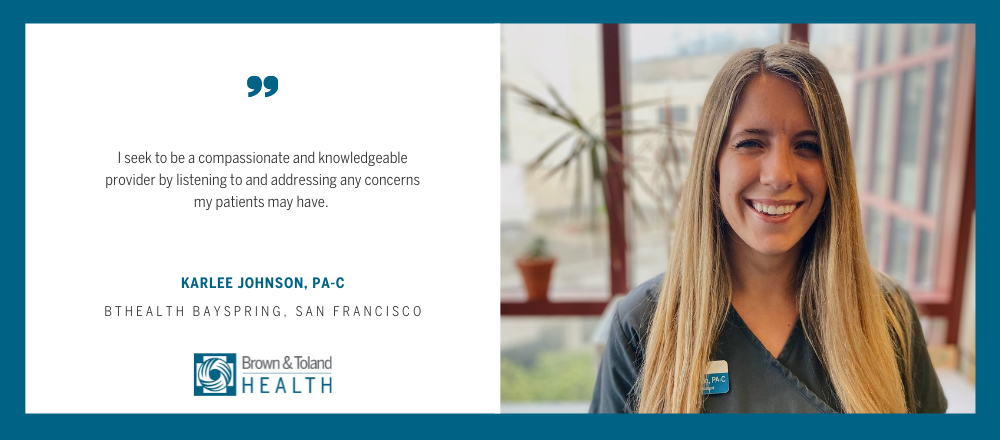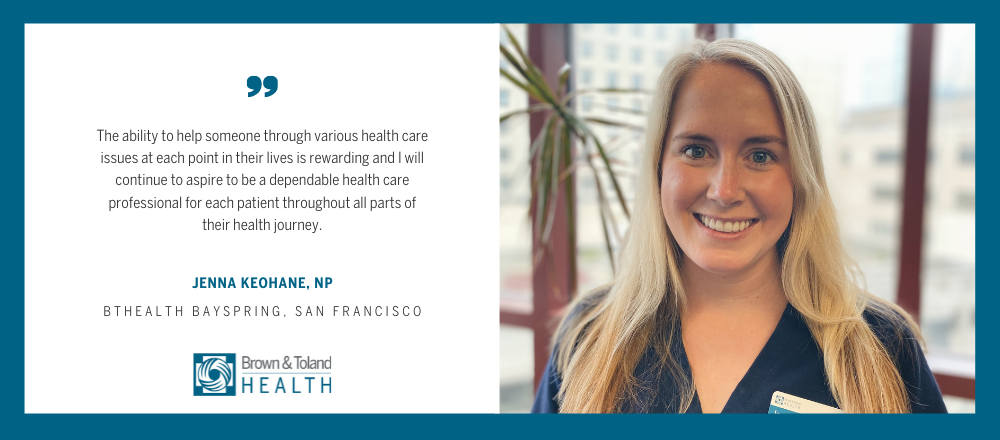Nurse Practitioner vs. Physician Assistant: What to Know

The United States health care industry is one of the largest and fastest-growing in the world. Around one in eight US citizens are employed in the sector. However, not all people are doctors; there are many different health care roles.
Two important roles are a nurse practitioner (NP) and a physician assistant (PA). Many people do not know the differences between a nurse practitioner vs. a physician assistant. However, they have different roles and responsibilities.
So, what are the differences? Whether you are interested in training to be a PA or NP, or you want to know more before your next health care appointment, read on.
What Is a Nurse Practitioner?
A nurse practitioner is a registered nurse specializing in a certain area of practice, such as gynecology, acute care, mental health, pediatrics or family practice. They complete a master’s degree or a doctorate to specialize and become a practitioner.
Usually, a nurse practitioner works directly with patients and alongside other health care providers, such as doctors of osteopathic medicine (DO) and other doctors of medicine (MD). They work in various settings, including clinics, emergency rooms, schools, nursing homes, public health departments and home visit care services. Sometimes nurse practitioners become consultants and move into management roles, too.
Nurse Practitioner Duties
Nurse practitioner duties vary by state. However, every state requires a practitioner to have a license. They have different specialist roles, but some common responsibilities include:
- Managing patient’s overall care
- Prescribing treatments and medications
- Updating medical records
- Completing and interpreting diagnostic tests such as blood tests
- Providing disease prevention and healthy lifestyle information
Nurse practitioners also need to stay up-to-date with new developments in the fields, as technology and care are constantly advancing. While complying with state boards of nursing requirements on training, ethics and practice scope, nurse practitioners also need to be good communicators and able to display compassion towards their patients. Attention to detail and analytical skills are also essential.
As a nurse practitioner, I understand that my patients are dealing with sensitive health care issues and want their questions and concerns answered promptly and efficiently. Therefore, I strive to improve patient care by communicating clearly and effectively in order to make their health care experience as pleasant as possible.
My favorite part of being a nurse practitioner is the patient relationships I develop with each individual. The ability to help someone through various health care issues at each point in their lives is rewarding and I will continue to aspire to be a dependable health care professional for each patient throughout all parts of their health journey.
Jenna Keohane, NP, BTHealth Bayspring, San Francisco
What Is a Physician Assistant?
Physician assistants are also licensed medical professionals and work collaboratively under the supervision of a physician They also work alongside other professionals such as nurse practitioners and can be the principal health care provider, depending on the state.
Physician assistants also have completed training to master’s level and clinical experience to acquire a license. They work in different medical settings, such as family medicine, emergency care and psychiatry. They aim to improve health care access and quality of care for patients.
Physician Assistant Duties
Although physician assistants usually work as part of an integrated medical team, they also have their own care duties. The role is extremely diverse, which is similar to a nurse practitioner. Physician assistant duties depend on state laws, but common responsibilities include:
- Performing patient examinations
- Prescribing medications and other treatments
- Ordering X-rays and other laboratory tests
- Interpreting test results
- Assisting in surgery
- Educating patients on preventative health care
- Diagnosing illnesses
State laws can determine if a physician assistant can prescribe medication or what medication they are allowed to prescribe. They also can take further training courses to specialize in a certain area of healthcare. Although they work under the supervision of a doctor, their role is often an independent one.
“Being a PA has been one of the most fulfilling careers I could have imagined! As a PA, I strive to provide excellent and comprehensive care to patients. While I practice in internal medicine and women’s health, my patients come to me with a wide variety of concerns and problems. I seek to be a compassionate and knowledgeable provider by listening to and addressing any concerns my patients may have.
What I enjoy most about my role is spending time face-to-face with patients. I am delighted that patients trust me with their medical care and use me as a resource during both the easy and hard times of their lives. I love the patients of Brown and Toland and l will continue to strive for excellent care. “
Karlee Johnson, PA, BTHealth Bayspring, San Francisco
Nurse Practitioner vs. Physician Assistant
Sometimes people confuse NP and PA job roles or think that the roles are the same. Although a nurse practitioner and physician assistant can work in similar roles and some duties overlap, there are also differences. Here are some of the top differences between nurse practitioner vs. physician assistant.
- Healthcare Approach: A physician assistant has received training focused on the medical model, similar to a DO and other doctors. In comparison, the NP model is based on the nursing tradition, including more overall wellness and a patient-centered approach. Nursing practitioners can focus more on preventative care, whereas PAs focus more on the duties of diagnosing and treating issues.
- Qualifications: It can take longer to become a nursing practitioner, as usually they are at least qualified to master’s level, but may also have a doctorate. They also have a certain amount of clinic hours and usually have a specialist field. A minimum is two to three years. In comparison, a PA needs a master’s qualification and receives a generalized medical education in around three years. However, they can also specialize in one or more fields throughout their career. There is no need for a new certification, whereas an NP will need further specialty certifications.
- Responsibilities: Physician assistant duties differ from some nurse practitioner duties. An NP has more independence, whereas a PA works interdependently with a doctor. Sometimes there is a comparison between a nurse Practitioner vs. a doctor. In some states, a nurse practitioner can work independently without any direct physician oversight.


MEDICAL DISCLAIMER: The content of this Website or Blog is not intended to be a substitute for professional medical advice, diagnosis, or treatment. Always seek the advice of your physician or other qualified health provider with any questions you may have regarding a medical condition. Never disregard professional medical advice or delay in seeking it because of something you have read on this Website or Blog.
If you think you may have a medical emergency, call 911 immediately, call your doctor, or go to the emergency room/urgent care.
